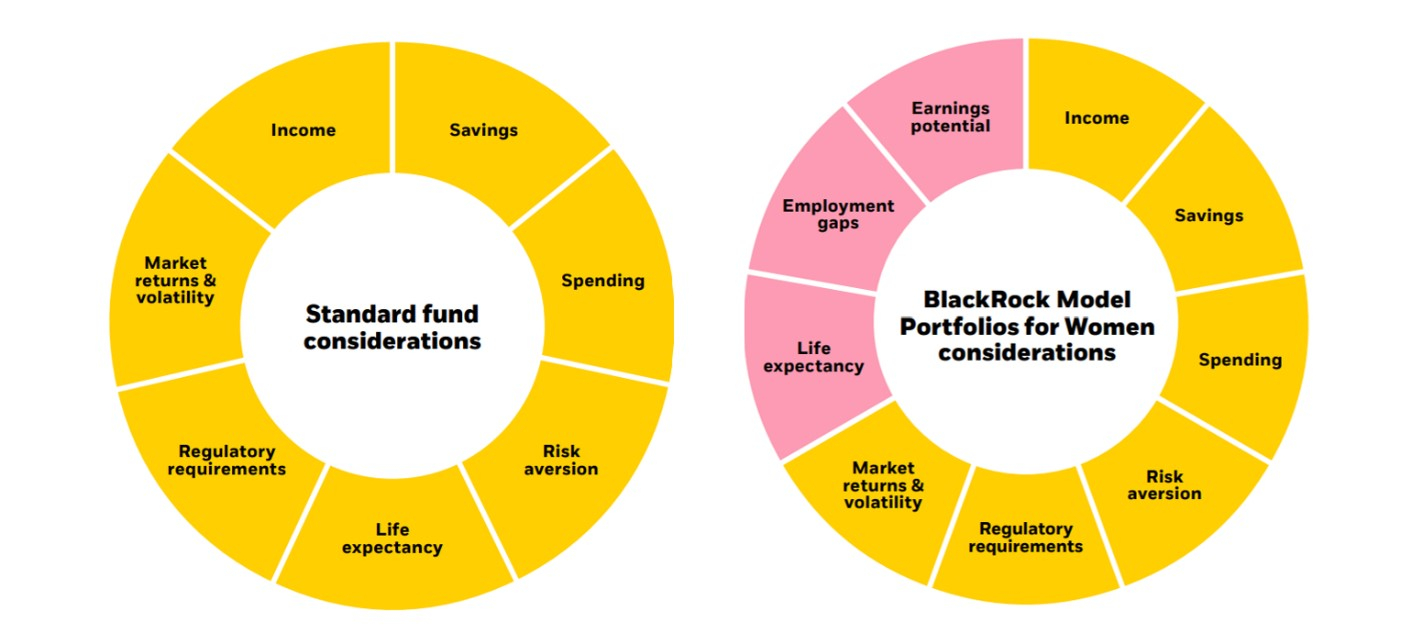Introduction to BlackRock
BlackRock is the world’s largest asset management company, with over $9 trillion in assets under management. They provide various investment options, including exchange-traded funds (ETFs), mutual funds, and alternative investments. If you’re looking to invest in BlackRock products, this article will guide you through the process, from setting your investment goals to monitoring and adjusting your portfolio.
BlackRock’s Fund Offerings
iShares ETFs
One of BlackRock’s most popular investment options is their iShares ETFs. These funds provide investors with exposure to a variety of asset classes, industries, and geographical regions. They are passively managed, which means they track an underlying index and tend to have lower fees than actively managed funds.
Mutual Funds
BlackRock also offers a range of mutual funds, including equity, fixed-income, and multi-asset funds. These funds are actively managed, meaning that the fund managers make investment decisions based on research and analysis to outperform the market.
Alternative Investments
BlackRock offers alternative investments for investors looking for additional diversification and potential sources of return. These include hedge funds, private equity, real estate, and infrastructure investments.
Setting Your Investment Goals
Assessing Your Risk Tolerance
Before you start investing in BlackRock funds, it’s essential to understand your risk tolerance. This will help you choose the right investments for your needs and goals. Ask yourself how much risk you will take and how much potential loss you can tolerate.
Determining Your Investment Time Horizon
Another critical factor in setting your investment goals is determining your investment time horizon. This is the period over which you plan to hold your investments. A longer time horizon typically allows you to take on more risk, as your investments have more time to recover from potential market downturns.
Opening a BlackRock Account
Online Account Registration Process
To start investing in BlackRock funds, you must first open an account. You can do this online by visiting the BlackRock website and following the account registration process. You must provide personal information, choose a username and password, and agree to the terms and conditions.
Required Documents and Information
During registration, you may be asked to provide documentation to verify your identity, such as a driver’s license or passport. You’ll also need to provide information about your financial situation, employment status, and investment experience. Be prepared to offer this information to complete the account opening process.
Choosing the Right BlackRock Investment
Analyzing BlackRock Fund Performance
When selecting a BlackRock investment, analyzing the fund’s performance is essential. This information can be found on the BlackRock website or through independent financial research platforms. Look at the fund’s historical returns, risk-adjusted performance, and how it compares to its benchmark and peers.
Diversification and Asset Allocation
A key principle in investing is diversification, which involves spreading your investments across different asset classes and sectors to reduce risk. As you choose BlackRock funds, consider how they fit into your overall asset allocation and contribute to a well-diversified portfolio.
Monitoring and Adjusting Your BlackRock Portfolio
Keeping Track of Your Investments
Once you’ve invested in BlackRock funds, monitoring your portfolio’s performance is essential. You can do this through your BlackRock account or third-party portfolio tracking tools. This will help you stay informed about your investments and make any necessary adjustments to your portfolio.
When to Rebalance Your Portfolio
Rebalancing is adjusting your portfolio’s asset allocation to maintain your desired risk level and investment goals. You should rebalance your BlackRock portfolio periodically, especially when market movements cause significant changes in the value of your investments. Consider rebalancing when your portfolio’s asset allocation deviates significantly from your target allocation, or at least once a year.
Conclusion
Investing in BlackRock funds can be a great way to build a diversified, long-term investment portfolio. Understanding your risk tolerance, setting investment goals, and regularly monitoring and adjusting your investments can increase your chances of achieving your financial objectives. Start by opening a BlackRock account, selecting the right investments, and monitoring your portfolio’s performance.
FAQs
- What are the fees associated with investing in BlackRock funds?
The fees associated with investing in BlackRock funds vary depending on the type of fund. ETFs and index funds generally have lower fees than actively managed mutual funds. Always review the fund’s expense ratio, representing the annual fees charged as a percentage of the assets under management.
- Can I invest in BlackRock funds through other brokerage accounts?
You can invest in BlackRock funds, especially their iShares ETFs, through most brokerage accounts. Check with your brokerage to confirm the availability of specific BlackRock funds.
- How is a BlackRock fund suitable for my investment goals?
To determine if a BlackRock fund suits your investment goals, consider factors such as your risk tolerance, investment time horizon, and desired asset allocation. Additionally, analyze the fund’s performance, fees, and how it fits within your overall investment strategy.
- What are the tax implications of investing in BlackRock funds?
The tax implications of investing in BlackRock funds depend on your country of residence and the type of investment account you use. You may generally be subject to taxes on capital gains, dividends, and interest income. Consult a tax professional for advice tailored to your specific situation.
- Can I invest in BlackRock funds if I am a non-US resident?
Yes, non-US residents can invest in BlackRock funds, though the availability of specific funds may depend on your country of residence and the investment platform you use. Check with your local investment platform or financial advisor for more information.
